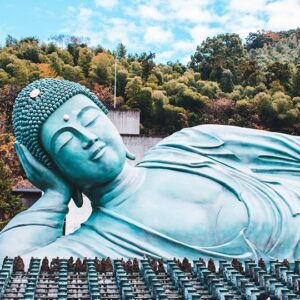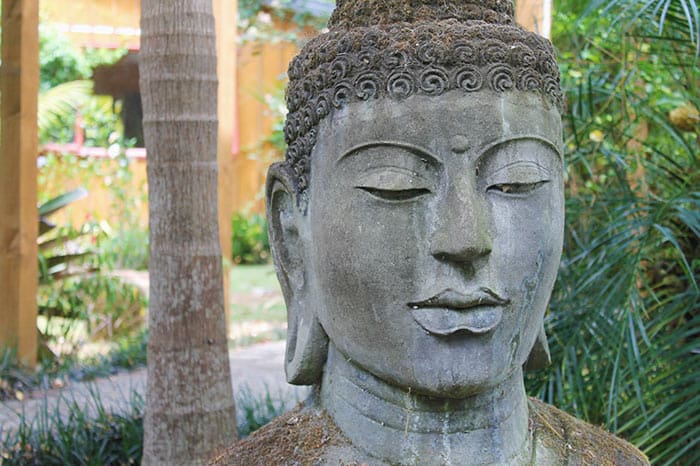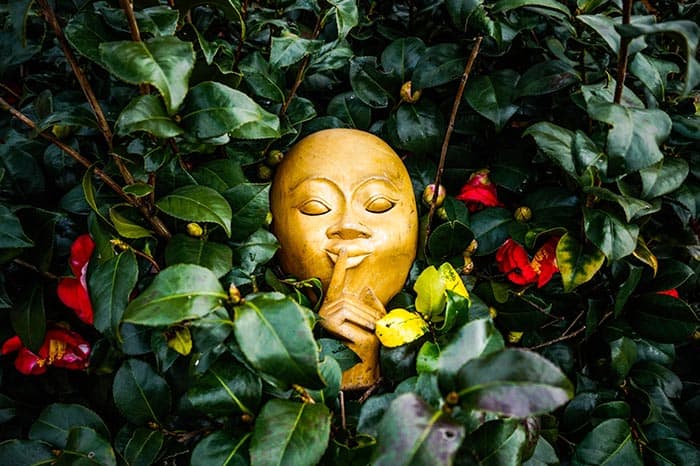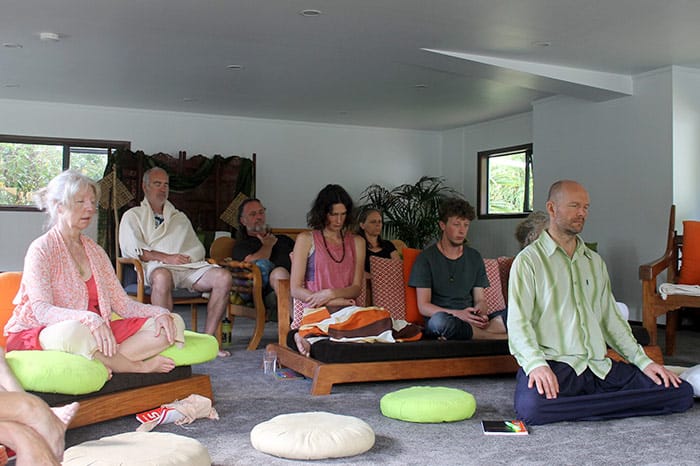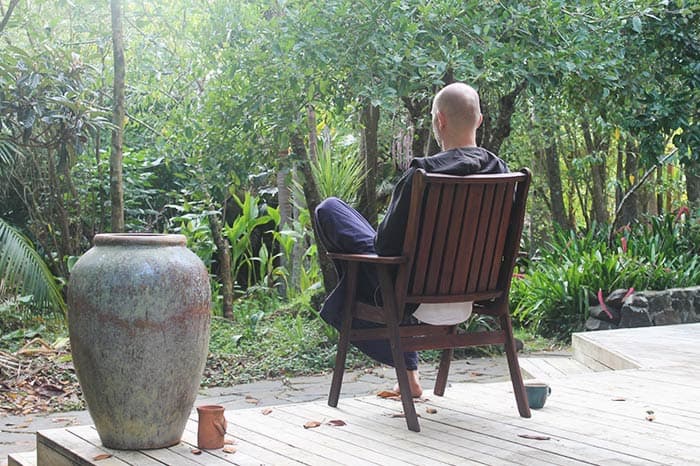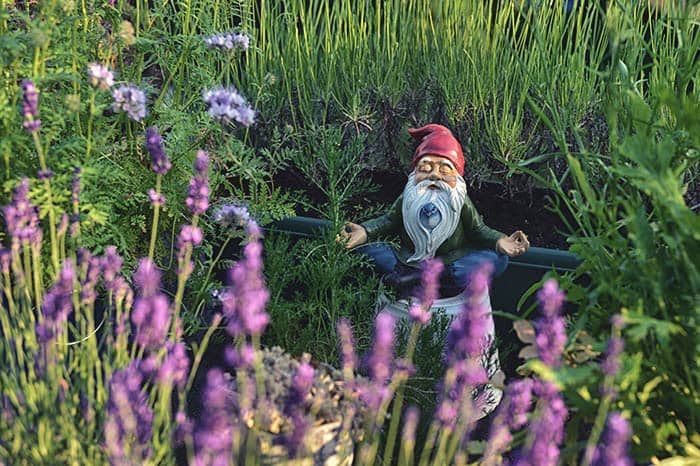 I feel an astounded greatfulness that for the rest of my life I get to enjoy just the simple pleasures of being in a body, its breathing, its movements… I get to enjoy the sounds of the rain, of the wind, of my cats breathing… because I can hear them more now.
I feel an astounded greatfulness that for the rest of my life I get to enjoy just the simple pleasures of being in a body, its breathing, its movements… I get to enjoy the sounds of the rain, of the wind, of my cats breathing… because I can hear them more now.
I notice that I rush less, through the routine simple tasks necessary for physical existence like preparing food, doing dishes… to get to a better time, some entertainment…
This annoyed me, that annoyed me… I’d have to go and change it… I‘ve noticed that I fix less, that I worry about getting things the way I want them a little less, the panic and annoyance is still there but so is breathing, existence, so I can be a little more lazy…
I like that when another turns up into my company that I get to receive them on top of my existence – I can play a little more, I can ask for what I want a little more… I’ve noticed that I get to have more interesting, more humorous conversations because being just a little less afraid of space I get to take the time to think more and feel more, I can ask different questions and our conversations can travel more. And when they leave, I get to reflect more now…
I get to breathe while anxiety, that I still don’t understand, trundles on and some days… on… I get to breathe through disappointment, hurt, doubt, jealousy, greed… I’m a little less convinced that it will consume me
I feel very rich that I get to enjoy the rest of my time here enjoying and some days, just breathing through, the most simple aspects of human existence. I can see that it’s encouraged to have lots of activity – responsibilities, projects, entertainments… and then this capacity may never get developed…
Meditation is not difficult and it costs nothing but its worth more than winning lotto – because more money for better experiences means nothing if I’m just desperately on to the next… these are all very very small things, but in the experience of a human life they mean an immense and easy richness.
Who wrote this piece? Tushita Mystery School blogs are written by a number of Students at the Tushita Hermitage. Their anonymity supports their self-forgetting practice.


